Mouth breathing often begins as a response to some obstruction in the nasal airway. Getting a saline nasal rinse and avoiding irritants can aid a lot in reining in allergies that can lead to a stuffy nose. Mouth breathing can trigger problems like a sore throat or a dry mouth. It is also an unsightly habit that is probably unattractive to many people. Breathing through the mouth is often triggered by a blockage in the nasal passages or has developed out of a bad regimen. If you want to get rid of the mouth breathing issue, you need to determine the underlying cause of the problem initially, and then take the sufficient steps to start your breathe through the nose. Thus, learn how to stop mouth breathing at night when sleeping is a very important need for many.
- 48 Tips How to Get Rid of Mouth Ulcers Pain on Throat, Gums, Tongue, & Lips/ 27 Tips How to Treat Cold Sores in Mouth, Nose & on Lips, Face, Tongue
List Of Simple Tips On How To Stop Mouth Breathing When Sleeping
CONTENTS
- 1. Get Biofeedback
- 2. Try The Buteyko Breathing Method
- 3. Deal With Structural Obstructions
- 4. Tackle Your Stuffy Nose
- 5. Use A Chin Strap To Keep Your Mouth Closed As You Sleep
- 6. Wear A Nasal Strip On Your Nose As You Sleep
- 7. Put A Piece Of Tape Over Your Mouth
- 8. Elevate Your Head & Upper Back If You Are Sleeping On Back
- 9. Sleep On Your Side
- 10. Participate In Yoga & Other Exercises That Focus On Breathing
The mouth or the nose, what does it matter as long as you are breathing fine. Right? Wrong! Almost everyone does not realize that breathing through the mouth is not a serious problem. However, using the mouth instead of the nose in breathing can reduce the oxygen concentration in our blood. This, in turn, may play a role in medical diseases, such as heart problems and high blood pressure. Mouth breathing while sleeping can result in disturbed sleep, causing lower productivity as well as fatigue. And since the mode of breathing can affect the development of facial and oral structures, especially during formative years, kids may help to deal with abnormalities. Over time, breathing through the mouth may lead to abnormal facial and dental development like long, narrow structure, gummy smiles, and crooked teeth.
Mouth breathing often begins as a response to some type of nasal obstructions. Common culprits that can obstruct the nasal airways include a deviated nasal septum, nasal polyps, enlarged adenoids, enlarged tonsils, and allergic rhinitis. Clearing the nasal obstruction thus can solve the issue of mouth breathing in several situations. Nevertheless, sometimes, people may keep breathing via the mouth even after their nasal passages have been cleared as they have turn into accustomed to it. Therapeutic exercises can help a lot for shifting to the nasal mode of breathing
In this article, Healthy Guide will show you a few great ways on how to stop mouth breathing fast and naturally at home that you can apply at the comfort of your own home. All of these ways are effective in reducing the air inside your nose and other causes of mouth breathing.
How To Stop Mouth Breathing Naturally With Home Remedies
There are some natural remedies for mouth breathing that you can consider applying at the comfort of your own home. They include:
1. Get Biofeedback
This is the very first tip on how to stop mouth breathing when sleeping at night that we would like to introduce in the entire article today and encourage readers to make use for good.
Biofeedback measures and gives your body feedback on every function of your body, aiming to help you exercise and get better control over them. In a study [1], remedy that offered mouth-breathing kids with visual feedback on their breathing pattern was claimed to be very effective. Children were advised to develop a quiet breathing pattern and were able to see lines on a computer screen that represented their breathing. By monitoring the lines, they would be able to correct their own breathing as needed. At the end of about fifteen sessions, those children were able to reduce sleeping when opening their mouth significantly and habits associated with it like having restless sleep, drooling on the pillow, and snoring.
Read More: 34 Tips How to Get Rid of Phlegm in Nose, Throat, & Lungs after a Cold
2. Try The Buteyko Breathing Method
The Buteyko Method, created by Dr. Konstantin Buteyko, offers some exercises for breathing which can be very useful for opening the nasal airways. It details breath-holding exercises that can help a lot in unblocking the nose and reduced breathing exercises which can aid a lot in setting the breathing volume at a fine level. This way, you retrain the breathing so it is optimal. This is also one of the best tips on how to stop mouth breathing in toddlers and in adults naturally at home that we want to introduce in this article and encourage readers to learn and make use!
Here is an exercise that can help to decongest your nose:
- Take in a small breath and let it out via your nose.
- Then, pinch the nose for restricting the breath and with the comfort you need, walk as many paces as you can.
- Resume breathing via your nose, take care to calm the breath and stop taking in excessive air as soon as you can.
- Repeat this exercise five to six times, leave about 60 seconds in between each exercise cycle.
Read More: 16 Tips How to Prevent Asthma Attack in Toddlers, Infants, & Adults
3. Deal With Structural Obstructions
Your doctor can aid a lot in treating any structural issue that is obstructing nasal breathing. For example, swollen tonsils and nasal polyps or adenoids could be removed surgically. Meanwhile, if the structure of your mouth or face is too narrow, expansion appliances could be used to raise the width of the nasal passages and the sinuses. This is also one of the best tips on how to stop mouth breathing in toddlers and adults that we would like to share with readers of Healthy Guide. So, check it out!
Learn More: 39 Home Remedies for Bronchitis Asthma, Mucus & Cough in Babies & Adults
4. Tackle Your Stuffy Nose
Allergies or a common cold can block your nose and can cause mouth breathing. Here are some things you can try doing at home to clear the nasal passage.
- Drink Benifuuki Green Tea
A variety of green tea from Japan called Benifuuki contains O-methylated catechin. This substance can help a lot in exhibiting powerful anti-allergic impacts and inhibiting the release of histamine strongly. In a study, people who had an allergy to pollen experienced relief from signs like itchy eyes and stuffy nose as they had Benifuuki green tea.
How to use: Heat 1 water cup to around 80 – 85°C but do not let it boil. Now pour the hot water into 1 cup with 1 tsp. of Benifuuki green tea and allow it to steep for around three minutes. Drink about 700 ml of green tea (about two to three cups) within 1 day. It can be very useful if you start consuming this tea around 1.5 months before pollen season starts.
- Have Yogurt
1 cup of yogurt can aid a lot and help you prevent colds as well as stay away from pollen allergies. Yogurt can also help a lot in lessening the duration and the severity of respiratory tract infections which lead to a blocked nose. Probiotics (beneficial bacteria) contained in yogurt are considered to be responsible for these health-boosting properties.
How to use: Add 1 cup of yogurt into your diet every day.
- Use Turmeric
Turmeric is an exotic spice that can aid a lot in dealing with allergies you can make use. It can help to inhibit the release of histamine, a chemical that is exposed by the bodies during allergic reactions and leads to signs like a runny nose or sneezing. Traditionally, Southeast Asian communities have also made use of turmeric to treat coughs and nose clogging colds. Curcumin, a compound contained in turmeric, has anti-inflammatory and antioxidant properties and is thought to be responsible for these powerful positive properties.
How to use: Add 1 tsp. of turmeric powder to 1 glass of milk and boil. Consume this healing remedy 2 – 3 times throughout the day.
- Get A Nasal Wash
A saline nasal rinse can help in clearing mucus and washing irritants away from your nasal passage.
How to use: You can make your own nasal wash or get a saline spray at the pharmacy. You just need to mix a pinch of baking soda and ½ tsp. of salt into 1 cup of warm water and use this solution to rinse the nasal passages out.
- Avoid Allergens
Allergic rhinitis can develop as you are exposed to something like animal dander, pollen, or dust. One of easiest ways to deal with this is by avoiding allergens. Try taking these measures:
- Pollen levels are higher on dry, windy, hot days. Stay indoors and keep the windows closed during these times if you can. It is also helpful to make use an air conditioner.
- Dust can stick to fabric and carpets. It might be better to use vinyl, wooden, or leather furniture and avoid upholstered carpets and furniture. In addition, use mite proof covers on bedding and pillows. It can also make sense to rinse your bedding and pillows weekly in water that is between 54.4°C – 60°C in temperature.
- Mold can grow on carpets, wallpaper, books, fabrics, etc. when it is damp. Try making use of high-efficiency particulate air (HEPA) filters to clear the molds present in the air. Moreover, try using exhaust fans to reduce the moisture levels in areas like bathrooms – places that are often damp.
Keep reading to discover more tips on how to stop mouth breathing in adults and toddlers naturally at home that we reveal in the article.
5. Use A Chin Strap To Keep Your Mouth Closed As You Sleep
Just by typing “chin strap” into the search engine, you can find chin straps online easily. To make use the strap, wrap it lengthwise, around your head, over the top of your head, and under your chin. This will aid a lot in keeping your mouth closed when sleeping as well as preventing mouth breathing. These chin straps are made for people who snore a lot or those suffering from sleep apnea. This is actually among the best tips on how to stop mouth breathing in adults and in toddlers that we would like to introduce in the entire article today!
6. Wear A Nasal Strip On Your Nose As You Sleep
An over-the-counter nasal strip can aid a lot in clearing your nasal passages as well as helping you breathe via your nose as you’re sleeping, according to a research [2]. To make use of the strip, remove the plastic backing on the nasal strip and put the strip over your nose’s bridge. Read the instructions on the label of the products before using it.
7. Put A Piece Of Tape Over Your Mouth
To make use of this tip on how to stop mouth breathing in adults and toddlers, you will need to prepare a piece of scotch or masking tape and put the tape over the mouth vertically. This will aid a lot in keeping your mouth it closed as sleeping.
You can dab the sticky side of the tape on the palm of your hand a couple of times to remove some of the adhesive. This will make it easier to remove.
8. Elevate Your Head & Upper Back If You Are Sleeping On Back
If you just can roll over on the back out of habit, placing a pillow on back to lift your head can support your breath properly as you are sleeping. Get a wedge or pillow that can help to elevate your head and upper back on an angle of 30 to 60 degree. This can aid you a lot in keeping your mouth shut as you are sleeping as well as promoting breathing through the nose.
9. Sleep On Your Side
This is also one of the best tips on how to stop mouth breathing in toddlers and adults naturally at home that we would like to introduce in the entire article today and encourage readers to learn and make use for good. Mouth breathing commonly happen as people are sleeping on their back. As you sleep on your back, you are forced to take heavier breaths via the mouth. In this case, you should modify your sleeping position and the way you sleep to minimize your own risks of snoring and mouth breathing while you sleep.
10. Participate In Yoga & Other Exercises That Focus On Breathing
Many exercises such as biking, running, and yoga will need you to practice good breathing techniques, according to a prestigious resource [3]. If you are guided by a prestigious professional, they will guide you with all useful tips you need to breathe well through the nose. You should choose local classes and talk to your coach about your own mouth breathing issue.
11. Perform Nose Clearing Exercises
Breathe through your nose for two or three minutes straight, then close your mouth, inhale deeply, and pinch your nose with your fingers. When you can’t hold your breath any longer, slowly start to exhale through your nose. Continue to do this several times until you clear your nose. This is actually a great tip on how to stop mouth breathing when sleeping naturally at home that you should not skip at all costs!
12. Clean Your Sheets & Carpets Once A Week
Carpets and sheets can harbour pet dust and dander and can worsen the allergies. You need to clean them once a week for preventing the dust buildup. This also makes it simpler to breathe via the nose.
- Upholstered furniture is more likely to trap dust and dirt. Instead, use wooden, leather, or vinyl furniture.
- If you sleep with your own pet, you can try sleeping without them to see if that can clear up your nose.
This is actually one of the most effective tips on how to stop mouth breathing in toddlers and adults naturally at home that we would like to introduce in this article. Keep reading for more useful information.
13. To Clear Up Obstructed Nostrils, Use A Nasal Spray
If your nose is stuffed from a cold or allergies [4], over-the-counter nasal sprays might be able to help your breath via the nose and clear your nostrils. You can buy the spray from a drugstore. Remember to read the directions carefully on the label before you use it. By blowing the nose, clear it well, then place the end of the nozzle carefully into the nostril and press down on the applicator for spraying the solution into the nose. There are also many other good tips on how to stop mouth breathing in toddlers and adults that can help you a lot!
14. Remind Yourself To Breathe Via Your Nose By Using Sticky Notes
If you are having problems with the nose breathing as it is a habit, you can leave written reminders for yourself. Write a sticky note as “breathing” and put them inside of books or on your computer to remind yourself to breathe throughout your nose.
15. Breathe Through Your Nose When You Notice You’re Using Your Mouth
This is also among the most effective tips on how to stop mouth breathing at night naturally that we want to introduce in this article and encourage readers to make use. If your mouth breathing is not a structural or mouth problem, then it is a habit. Breaking the habit is a matter of fixing the behaviour as you realize you are doing it. Breath through the nose instead of the mouth until you notice that you are doing it.
16. Try To Breathe Through Your Nose For 2 Minutes
This is the last yet not the least tip on how to stop mouth breathing in adults and in toddlers that you should not miss!
Close your mouth, try to breathe via the nose and watch a clock within about two minutes straight. If you have problems doing this, it may mean that you have a clogged nose and the trigger factor of the mouth breathing [5] is structural or physical rather than habitual.
- If you have no issue breathing with the nose, then it is a habit and may be simpler to fix.
- If your mouth breathing is triggered by a physical or structural issue, you will need to investigate further and get diagnosed by a prestigious professional.
After reading this interesting writing and applying some of the natural cures above, we hope that you can get rid of mouth breathing efficiently at home. Actually, all of these methods have been reported to help reduce the severity and duration of issue without leading to any unwanted side effect. Therefore, you can try applying any of these ways at the comfort of your own home right now. If you know other useful tips on how to stop mouth breathing at night naturally for toddlers and adults, share with us by commenting in the section below. You are always welcome! For more information, check out our How To page.

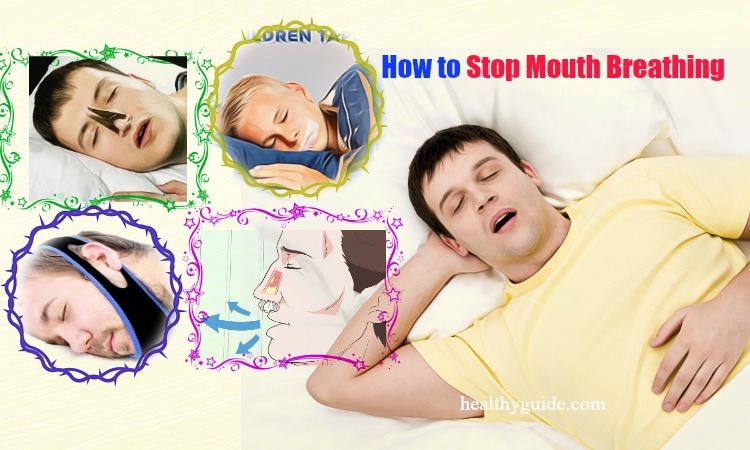

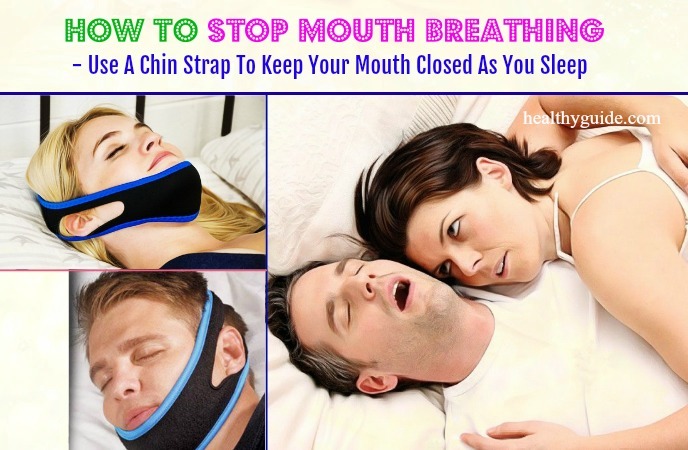
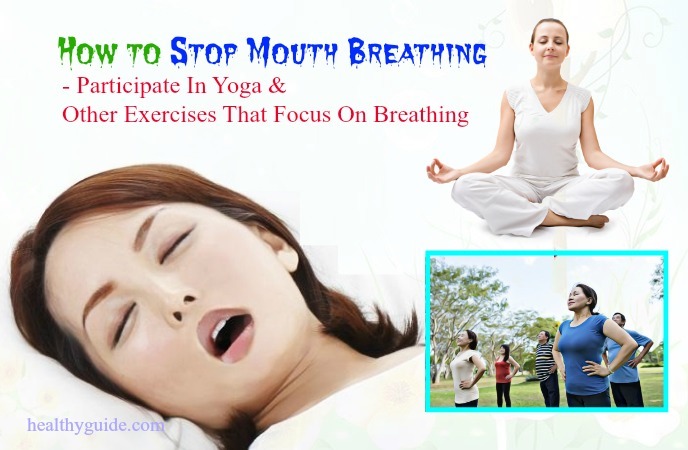
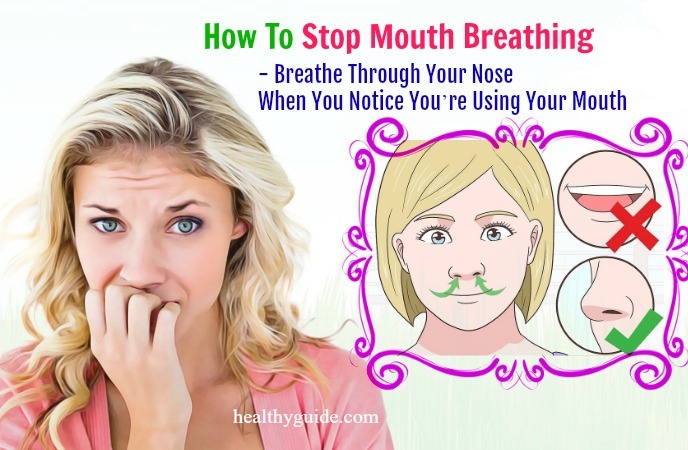



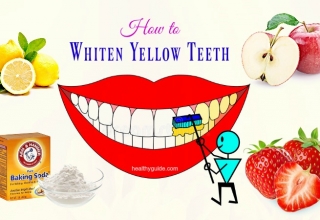
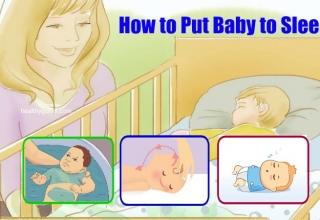
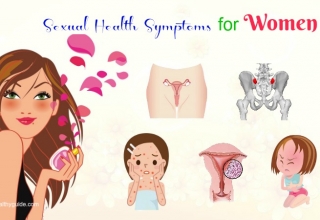






















Leave a Reply